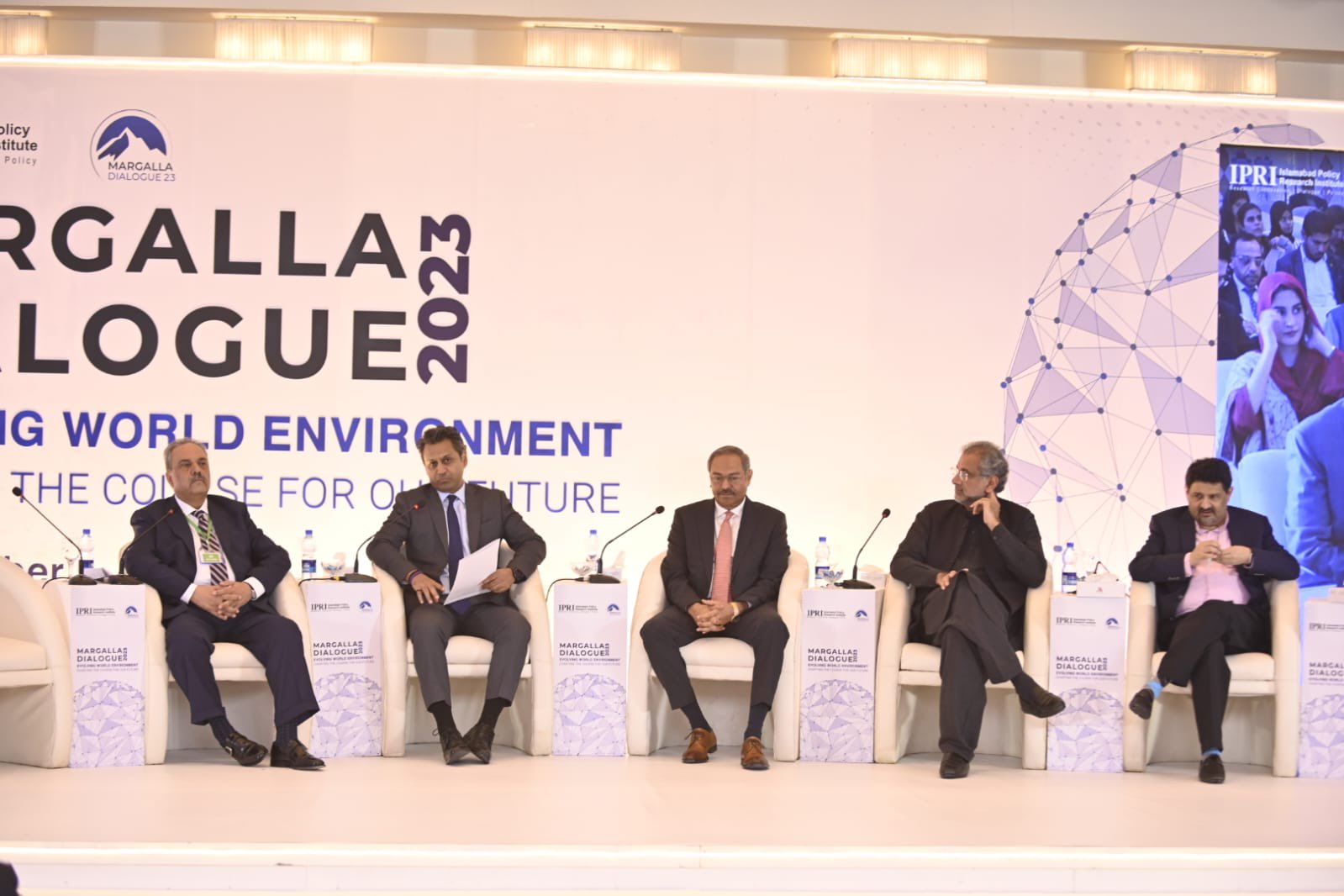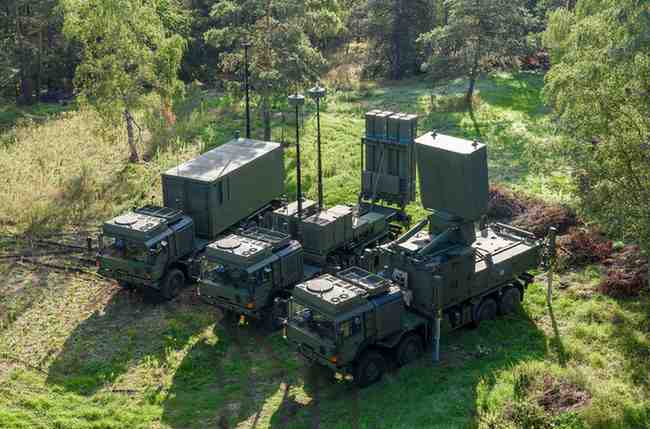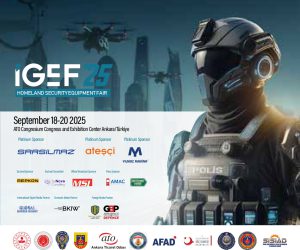The annual Margalla Dialogue organized by the country’s premier think tank, Islamabad Policy Research Institute (IPRI), was addressed on its second day, November 16, by policy-makers, leading local and international personalities as well as media gurus.
The session titled “Mapping internal and regional threats,” was moderated by Fahd Hussain, President PNN, and was participated by Ambassador Asif Ali Durrani, Pakistan’s Special Representative on Afghanistan; Former Prime Minister Shahid Khaqan Abbasi; former finance minister Miftah Ismail; Dr Daniel Markey, senior advisor USIP; and Lt Gen (retd) Aamer Riaz, former DG Military Operations.
Fahd flagged five propositions by saying: “we are in a bad place as concerned to the region; we know the challenges facing us; we know what needs to be done; but we are not doing it and that we cannot sustain any longer if the present predicament continues.
Fahd remarked that we do not know one thing for certain, and that is how to break out of this Zero-sum game? He pointed out that the biggest problem as far as the society and Pakistan is concerned is that “we do not comply with rules.”
Ambassador Durrani talked eloquently about the region and the four neighbours Pakistan has and said that with India in the east, Pakistan historically has had tense relations owing to the dispute on Kashmir.
He said that Afghanistan in the west has never seen peace except the four decades of Zahir Shah. “With Iran we have good relations and the common denominator is that Tehran has been under direct sanctions whereas Islamabad had faced indirect sanctions,” Durrani observed.
He said that China is the only hope-line for Pakistan. He went on to elucidate that occupation of
Kashmir by India was not Pakistan’s choosing, and so was the case with Soviet invasion of Afghanistan and the Iranian Revolution in 1979. He said that Pakistan has faced all these upheavals and has survived, and is a nuclear power which proves its resilience and power of resources.
To the perception of Indian Prime Minister Narendra Modi that “Pakistan is irrelevant,” Durrani said Islamabad has an uphill task to face Hindutva surge on the eve of elections in India, and we it has to keep in mind the Pulwama too.
Former PM Shahid Khaqan Abbasi said that we don’t have a choice with neighbors, and Pakistan must strike cordiality and a working relationship with all of them. “Pakistan needs to introspect its policies and find solutions with the neighbors,” he added.
He emphasised on trade relations with neighbours, including India and regretted that there is no trucking between India and Pakistan, and whatever is traded is through the long and tedious sea route via third countries.
He said that India and Afghanistan figure top 10 in trade partners with Pakistan, and this potential must be tapped. “Diplomacy is all about trade and we are lacking in it.”
Former finance minister Miftah Ismail said that the federal government has huge deficits, and it is an enigma that provinces end up with surplus budgets.
“We are in a debt trap and end up paying for debt-servicing. We borrow to pay local and foreign debts,” he observed.
He called for revisiting the Seventh National Finance Commission Award (NFC) and said that even if we double the tax, Pakistan will not be able to address its budget constraints.
He hinted at the non-filers enigma and said that by ending up printing the money, the country inevitably lands in inflation. He said that from 2018 to 2022, Pakistan had a money supply of more than Rs10 trillion.
He said Pakistan’s share in world trade is 0.13 percent, and exports are a mere 17.9 million, whereas Vietnam earns $371bn.
Daniel Markey said that Tehrik-e-Taliban Pakistan (TTP) is emerging as a biggest security threat to Pakistan. The fact that it is regrouping and getting assertive poses new existential challenges, and of late is a bone of contention between Kabul and Islamabad.
He said that the United States supports peace, and is willing to work with Pakistan. He also hinted at India and Pakistan ties, and said that a bogged down India with China is also a security concern for the region.
“We hope India will prefer a stable Pakistan,” and added that growing Chinese presence in Pakistan can be a point of concern for USA, too.
“The most immediate threat comes from within Pakistan, and this needs to be addressed,” Daniel remarked. Pakistan must insulate itself from regional conflicts, and that is the way to go, he added.
Lt Gen Aamer Riaz said that USA and China confrontation is taking place at all levels, and said that it is impacting the region too.
“Absence of politico-diplomatic dialogue with India makes equation more complicated, especially as elections are round the corner in India,” he added.
He said that the problem of binary choices will stay in relations between China and USA. He also noted that there is unfortunately no dialogue with India on climate change, and it should commence so that the menace of climate is addressed amicably.
The forum on “Media in an age of technology,” was addressed by Mir Ibrahim Rehman, CEO of Geo Network; Aamer Ghauri, editor of The News International, eminent journalist Steve Coll and Anna Choi, Director Future Consensus Institute South Korea.
It was noted that the rise of social media and conflictual paradigm of print and electronic media has made the mosaic contentious. There are ethical challenges involved in this new age of journalism, and Artificial Intelligence has made it too difficult to make a distinction.
It was observed that in digital world there is no example of social media financing journalism, and this is where the problem arises.
- Global Defense Insighthttps://defensetalks.com/author/umair/
- Global Defense Insighthttps://defensetalks.com/author/umair/
- Global Defense Insighthttps://defensetalks.com/author/umair/
- Global Defense Insighthttps://defensetalks.com/author/umair/













